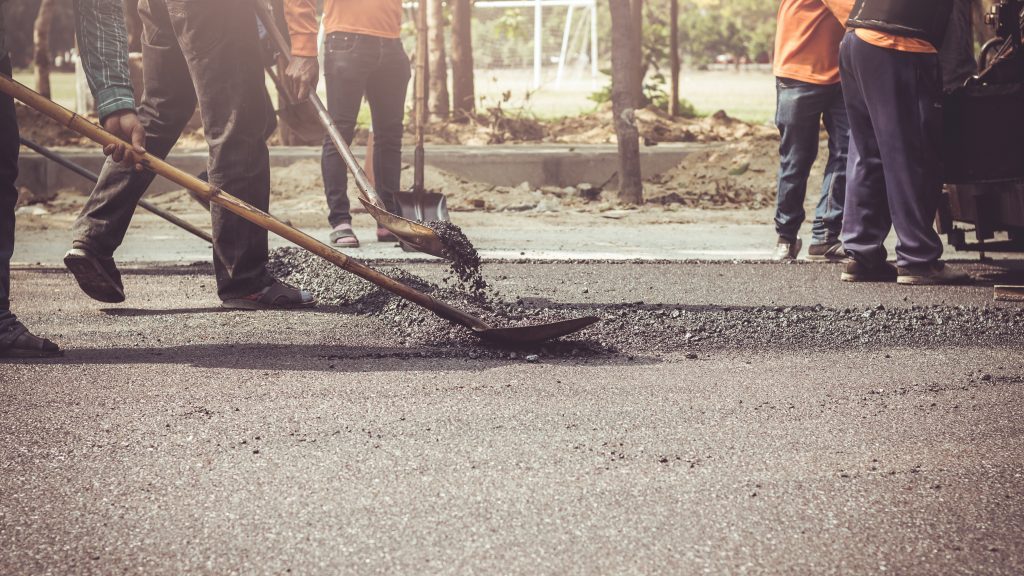WINNIPEG – Manitoba Heavy Construction Association (MHCA) president Chris Lorenc is pointing to the 2024 CAA Manitoba Worst Roads survey as indicative of the need to fix the province’s roads.
“We are hearing once again, the demand from motorists for municipalities and the province to invest in maintenance – fix our roads,” Lorenc said.
“We know weather wreaks havoc with our transportation infrastructure and every spring brings potholes – this year more than most. But let’s not blame this on weather, because if you don’t maintain your roads properly the potholes just come back bigger every year.”
CAA Manitoba’s public survey indicated 18th Street in Brandon was the top choice for Manitoba’s worst road followed by Winnipeg’s Leila Avenue and then Provincial Road 307 in Whiteshell. Winnipeg has six of the top 10 roads in the survey.
The CAA Worst Roads campaign provides decision-makers with an important citizen perspective on which roadways need attention, CAA Manitoba manager of government and community relations Ewald Friesen said.
“We know that the campaign works, time and time again we see roads and infrastructure projects being moved up and budgets prioritized after the road has appeared on the list,” he said.
Public respondents said potholes, crumbling pavement and poor road maintenance were the top issues.
Fifty-four per cent of respondents said they experienced vehicle damage because of poor roads, with 70 per cent paying out of pocket for repairs and only 16 per cent filing a claim with Manitoba Public Insurance and 14 per cent forgoing repairs.
On average, the survey said, respondents spent $962 to repair their vehicle and 50 per cent paid between $500 to $1,999.
Lorenc said it would be unfair to blame only cities and towns for the condition of municipal streets given demand for infrastructure repairs outstrips their ability to raise revenues.
“Municipalities are stuck trying to fund these expensive programs – maintain the transportation networks – almost alone but are handcuffed in their ability to raise revenues based on a taxation and revenue-sharing model struck at the turn of the century,” Lorenc said.
The full survey results are available here.



Recent Comments
comments for this post are closed